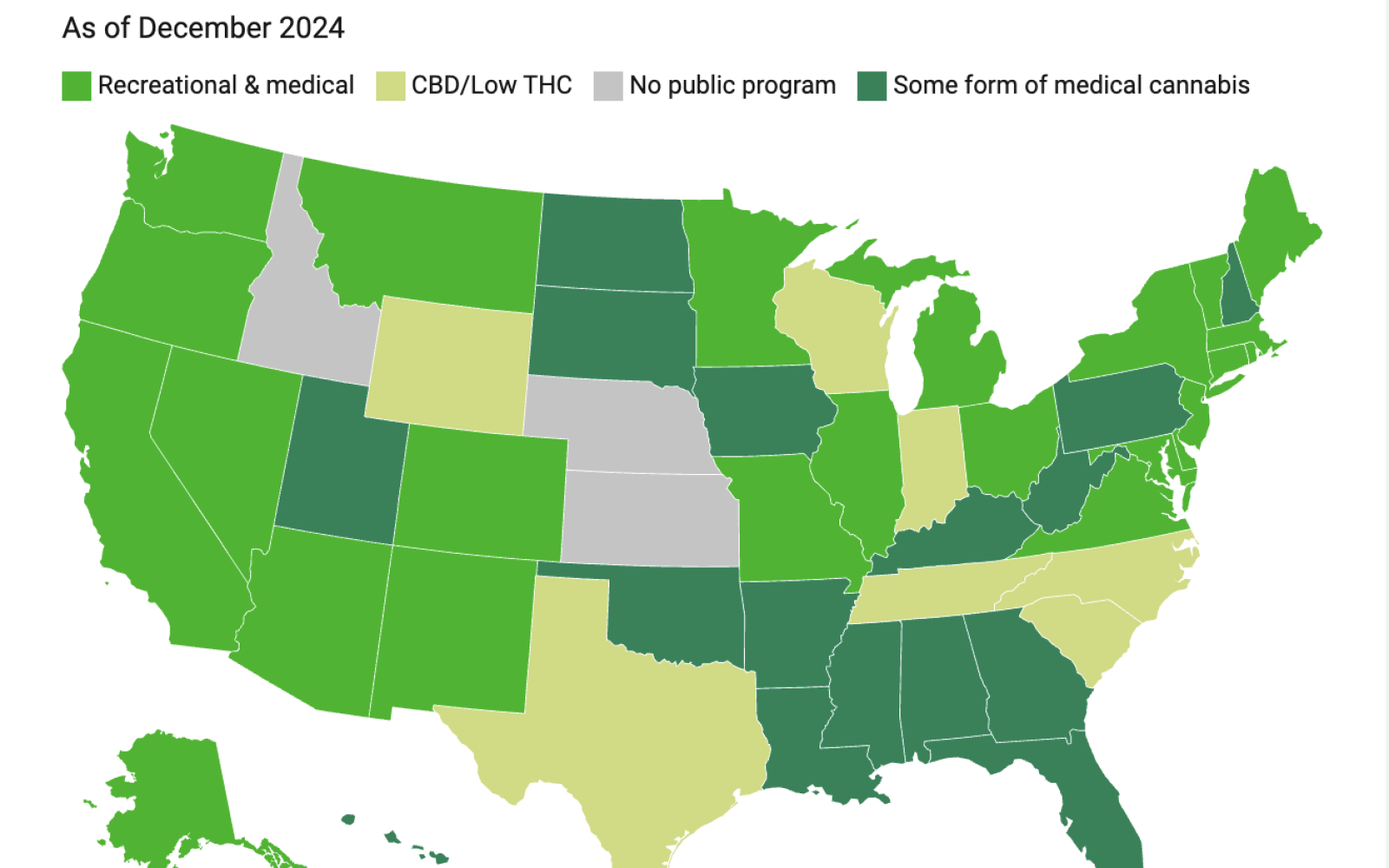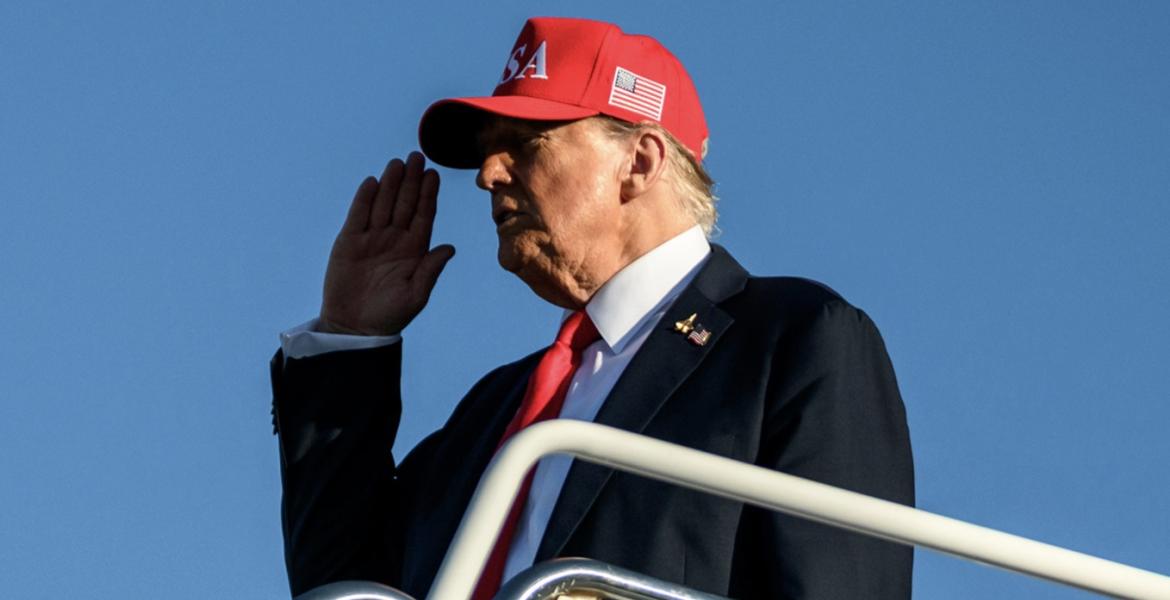SAN ANGELO, TX - Contrasting the flurry of recreational marijuana approvals witnessed in 2022 across multiple states, the landscape of marijuana legalization in 2023 remained relatively subdued. Ohio emerged as the sole state to successfully legalize recreational marijuana this year.
Texas will remain the largest state where only CBD and THC are all that is legal.
In November, Ohio voters sanctioned a citizen-proposed statute permitting individuals aged 21 and above to possess up to 2.5 ounces of marijuana and up to 15 grams of cannabis extract. Additionally, they can cultivate up to six cannabis plants or a maximum of 12 plants if two adults, both at least 21 years old, reside in the same household. Ohio, already among over a dozen states with legalized medical cannabis, became the 24th state to legalize recreational marijuana.
While Ohio celebrated this milestone, attempts in other states faced obstacles. Oklahoma voters rejected the recreational marijuana legalization proposal in March, followed by a similar outcome in Indiana in early April.
However, the year saw progress in other areas. Kentucky's General Assembly greenlit medical marijuana, but its official launch is slated for 2025, according to Nexstar’s WDKY reports. Conversely, states such as Idaho, Nebraska, and Kansas still lack a public cannabis program, as highlighted by the National Conference of State Legislatures. Dark green denotations on the map signify states with existing medical cannabis programs.
Here is a look at where marijuana will-and won't - be legal in 2024.
As of December 2024
Looking ahead to 2024, Florida anticipates a proposed constitutional amendment for marijuana legalization on the ballots, while Indiana is expected to introduce a legalization bill in the upcoming season, per Nexstar’s WXIN reports. Wisconsin's Republican faction plans to unveil a medical marijuana legalization proposal, possibly subject to voting in 2024.
Despite some momentum, substantive changes in marijuana legislation might be a prolonged process. The Department of Health and Human Services forwarded recommendations to the Drug Enforcement Administration earlier this year, proposing reclassification of marijuana as a Schedule III drug. However, any DEA decision regarding reclassification could take considerable time. Even if reclassified, marijuana would remain a controlled substance under federal jurisdiction, unaffected by immediate federal legalization for recreational use. Rescheduling could, nonetheless, facilitate increased research opportunities due to the easier regulatory framework governing Schedule III drugs.
Notably, public opinion continues to sway in favor of marijuana legalization. According to a November Gallup survey, a record-breaking 70% of respondents expressed support for national marijuana legalization, maintaining a consistent trend of 68% over the past three years.
The landscape of marijuana legalization in the U.S. during 2023 exhibited mixed outcomes, with Ohio standing out as the sole state to achieve recreational marijuana legalization. While some states faced setbacks, others made strides toward potential legalization or medical programs. The prospect of federal reclassification remains uncertain, although public support for nationwide marijuana legalization continues to be robust, signaling ongoing shifts in societal attitudes toward cannabis.
Subscribe to the LIVE! Daily
Required







Post a comment to this article here: